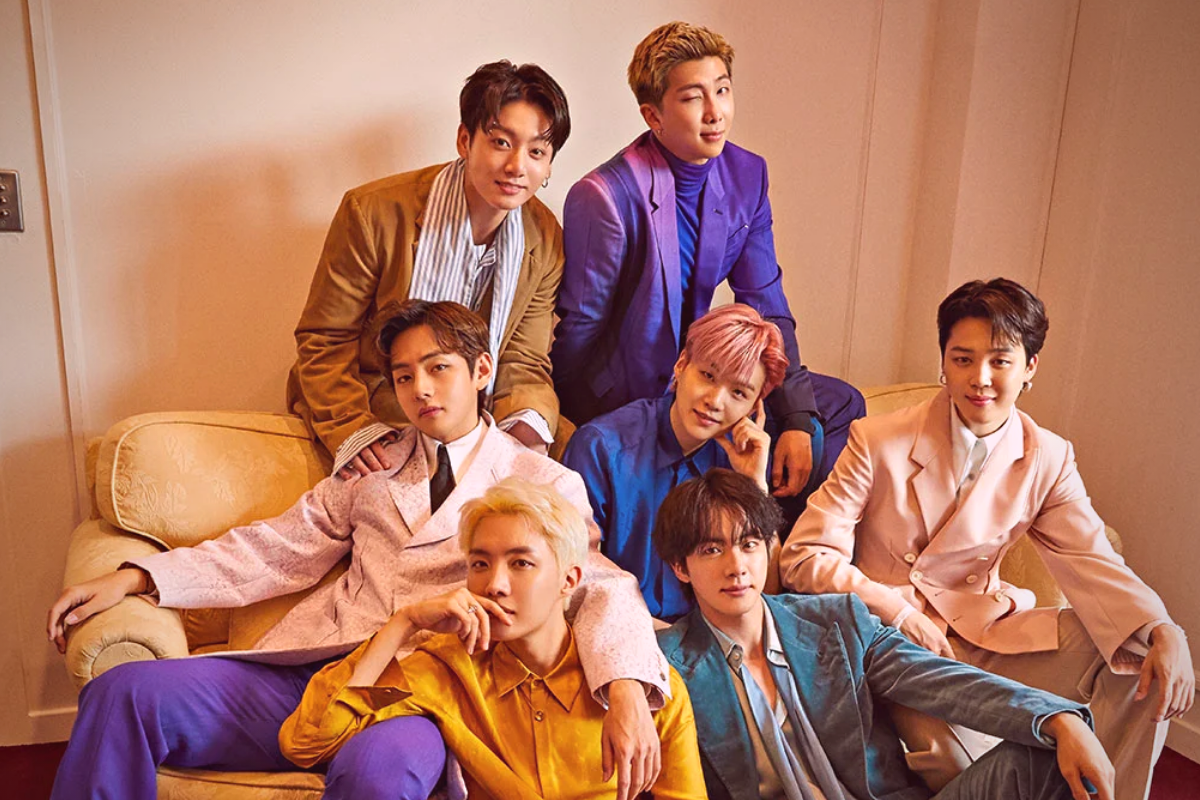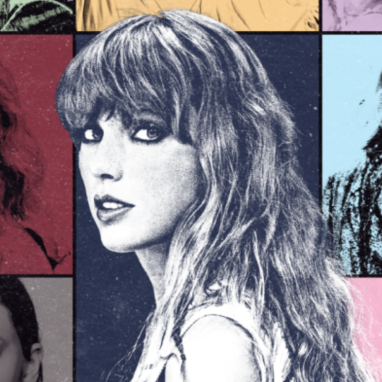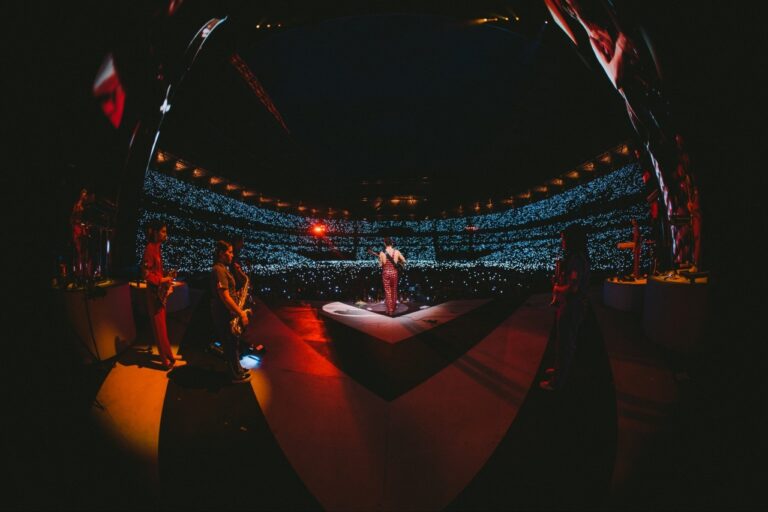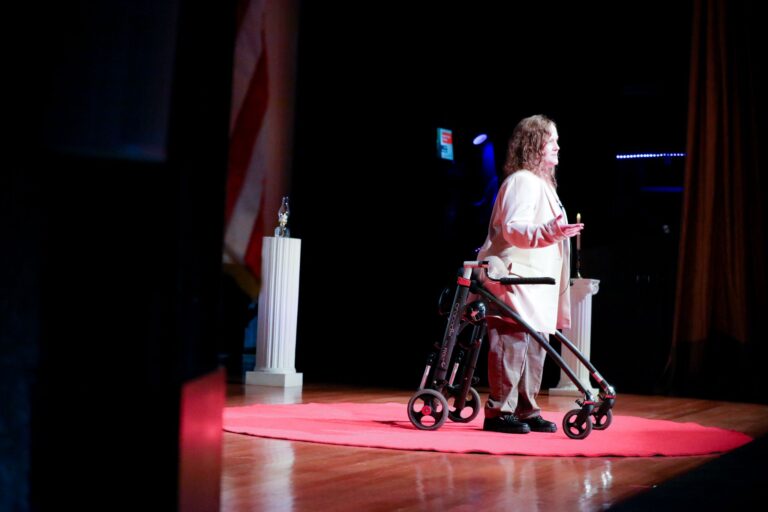BTS Challenge Gender Stereotypes in Their Music, But There’s Still A Way To Go

BTS are the biggest band in the world, breaking records and a dedicated fanbase in ARMY. BTS is a leader in demonstrating how to be unafraid of expressing gender identity, regardless of traditionally held ideas of “femininity” or “masculinity,” from their clothing and choice of expressions to their music and performance concepts. It’s a timely message for those afraid of retaliation or criticism, demonstrating that this form of expression can be accepted and celebrated.
BTS became a K-Pop phenomenon in their own right, blurring the world of pop music’s boundaries of style, language and gender. Kim Nam-joon, better known as RM, the leader of BTS, said in a 2018 speech at the UN, “Speak yourself no matter who you are, where you are from, your skin colour, or your gender identity.”
BTS was a K-pop group that was written off even before its debut, so it stands to reason that they have a strong empathy for others. The seven members endured a lot of criticism and hardships as they rose to fame. BTS’s ability to relate to their listeners on a personal level, rather than their music, spectacular dance skills, or glossy complexions, makes them exceptional. Each member has been a vocal advocate for mental health, self-love, and self-worth, as well as providing individual help to communities in need.
Millions of followers around the world are now inspired by their songs and stories of resiliency to discover their own beauty and take a stand for what they believe in. ARMY, connects with the group’s overarching message: Loving yourself comes before loving others; to love others, you must face who you are. Both offline and online, ARMY advocates political activism, disseminates messages of love, and makes charitable contributions on behalf of BTS. They may have the most inspiring following of any musician ever (in recorded history!).
The fluidity of the self is a key theme in BTS’s body of work. They live in their own happy universe, free from societal and gender constraints. They dress in non-gender-specific attire that blends the distinction between women’s and men’s apparel, including skirts and pants. Each individual exudes confidence and inventiveness in their own special way. They frequently alter their hair colours and use makeup. They are capable of assuming all of these identities—masculinity, femininity, and androgyny—without skipping a beat. Above all, there is the impression that they are so far advanced beyond what society once understood about them that they don’t even consider it.
Traditional social notions of what constitutes a “true man” are evolving, and the concept of masculinity is being redefined. As we can see, this fashion is beginning to emerge in Western culture. Stars like Jaden Smith and Harry Styles are said to be setting the trend for feminine-masculine clothing. This isn’t a new thing as we have seen from Prince and David Bowie. Though they were seen as quirky, as society is becoming more accepting we are seeing celebrities breaking the boundaries of gender and sexuality – BTS is one of them.
Even today, unfortunately, stereotypes of the female ARMY as a group of zealous, hysterical teenage females are still too prevalent. BTS and K-Pop attract people of different genders and sexualities etc.
When BTS debuted on Saturday Night Live (SNL), a promo film depicting passionate and frantic female fans propagated that awful notion. This portrayal of their fans reduced BTS’s status as artists because they would then be known exclusively for their large fan base and not for their musical ability.
Because women are expected to be submissive—calm and unexpressive—gender bias exists. Women who are able to express themselves freely are viewed as aggressive, and it is uncommon to see them enthusiastically pursuing their interests. This impression is a result of patriarchy.
It is the norm in patriarchal societies. Male football fans are more acceptable than female fans since they are perceived as just being highly committed to their club. In the culture of the fandom, there is gentrification, a phenomenon in a patriarchal society where a thing only gains value and public acceptance if there is male validation. It’s important to recognise this historical bias as we, as fans, step into the light. And watch us do it with force.







